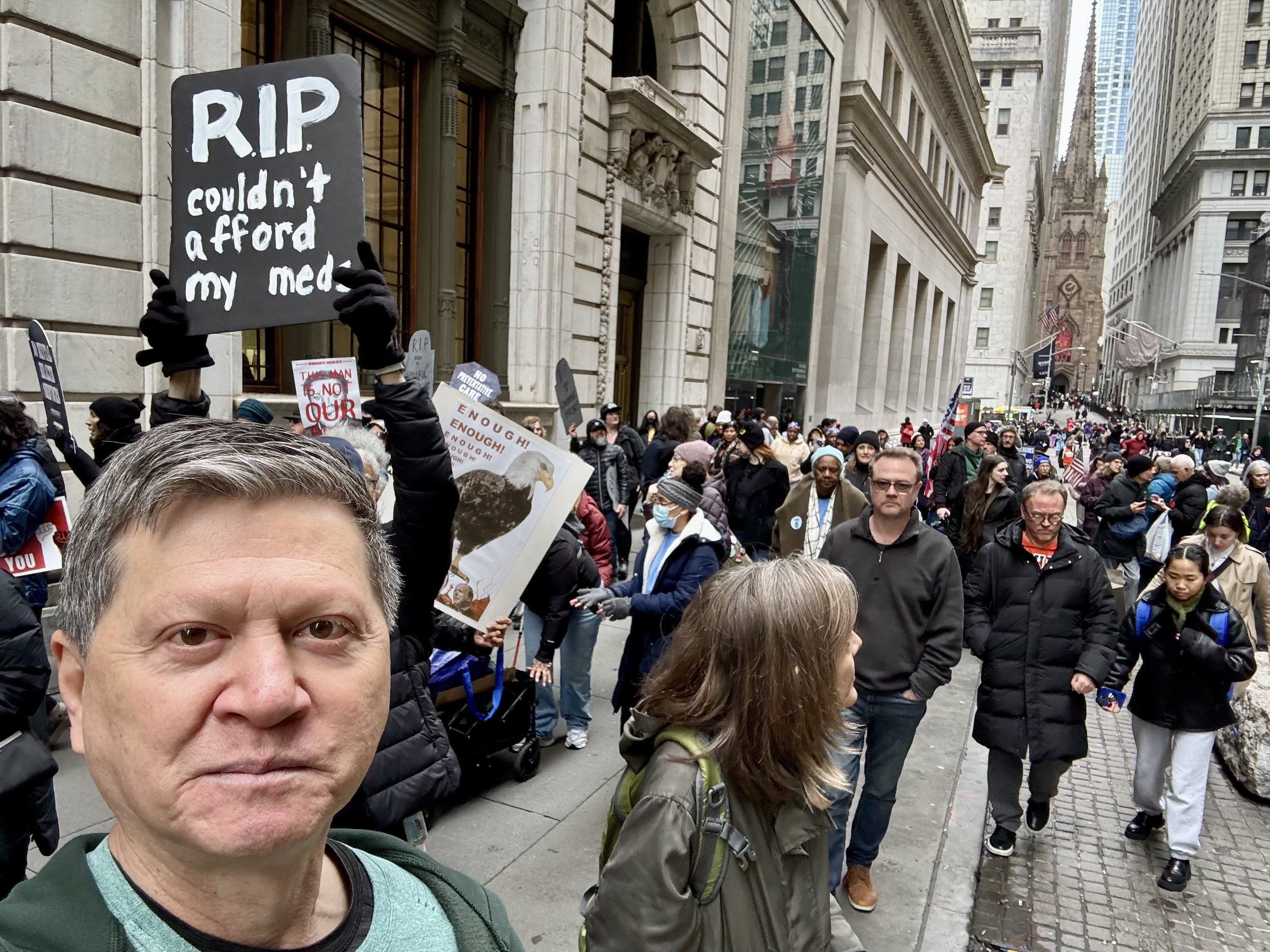Yoga and the Power of Satya – Truth
/Plaque at the New England Holocaust Memorial on Boston's historic Freedom Trail. One of many truths that can never be erased.
……………………
Last week, I traveled up to Boston to experience in-person the World Figure Skating Championships. It was the ultimate Artist’s Date!
Along the way to TD Arena, I passed through a brief stretch of the Freedom Trail and came across the New England Holocaust Memorial. During this time in the world where forces want to erase many truths of human horrors, it is especially important that we honor truth-telling.
Turns out, we, as yogis, are especially called upon to practice truth-telling. According to the Yoga Sutras of Patanjali, before the physical practices of yoga (that we are all so familiar with), there are the yamas – moral restraint practices – and the niyamas – positive duties and observances. They are the so-called “Ten Commandments” of yoga.
The second yama is satya – the practice of restraining from lying. In essence, it is the practice of truth-telling.
Sutra 36 particularly caught my attention with respect to the benefits of truth-telling. SwamiJ interprets it this way:
2.36 As truthfulness (satya) is achieved, the fruits of actions naturally result according to the will of the Yogi.
(satya pratisthayam kriya phala ashrayatvam)
satya = truthfulness, honesty
pratisthayam = having firmly established, being well grounded in
kriya = actions
phala = fruition, results, effects
ashrayatvam = come as a result of, are dependent on, are subservient to (the Yogi)
Satya brings whatever is willed: For one who increasingly practices honesty or truthfulness in actions, speech, and thoughts, his or her will is naturally fulfilled.
I am encouraged to know that any opportunities I have to tell the truth will ultimately bring about that which I will. And, at the moment – as is the desire of many others, I’m sure – more than anything else I wish to will into existence resistance against erasure through truth-telling.
The Holocaust, of course, is just one example of many where history is being lost or forgotten. It’s hard to believe that 1 in 5 young Americans think the Holocaust was a myth. But history is full of other examples of human aggression and injury that are in danger of being forgotten. Prominent examples include slavery denial and the Genocide of Indigenous Peoples. Less well known – and one that is close to my heart – is the overthrow of the Hawaiian monarchy in the late 1800s.
However, the Sutra also warns:
In … reminding oneself (2.33, 2.34) that such behaviors, words, or thinking will only bring personal misery and suffering, the ensuing letting go process allows a natural flow of goodness or positive fruits to come.





